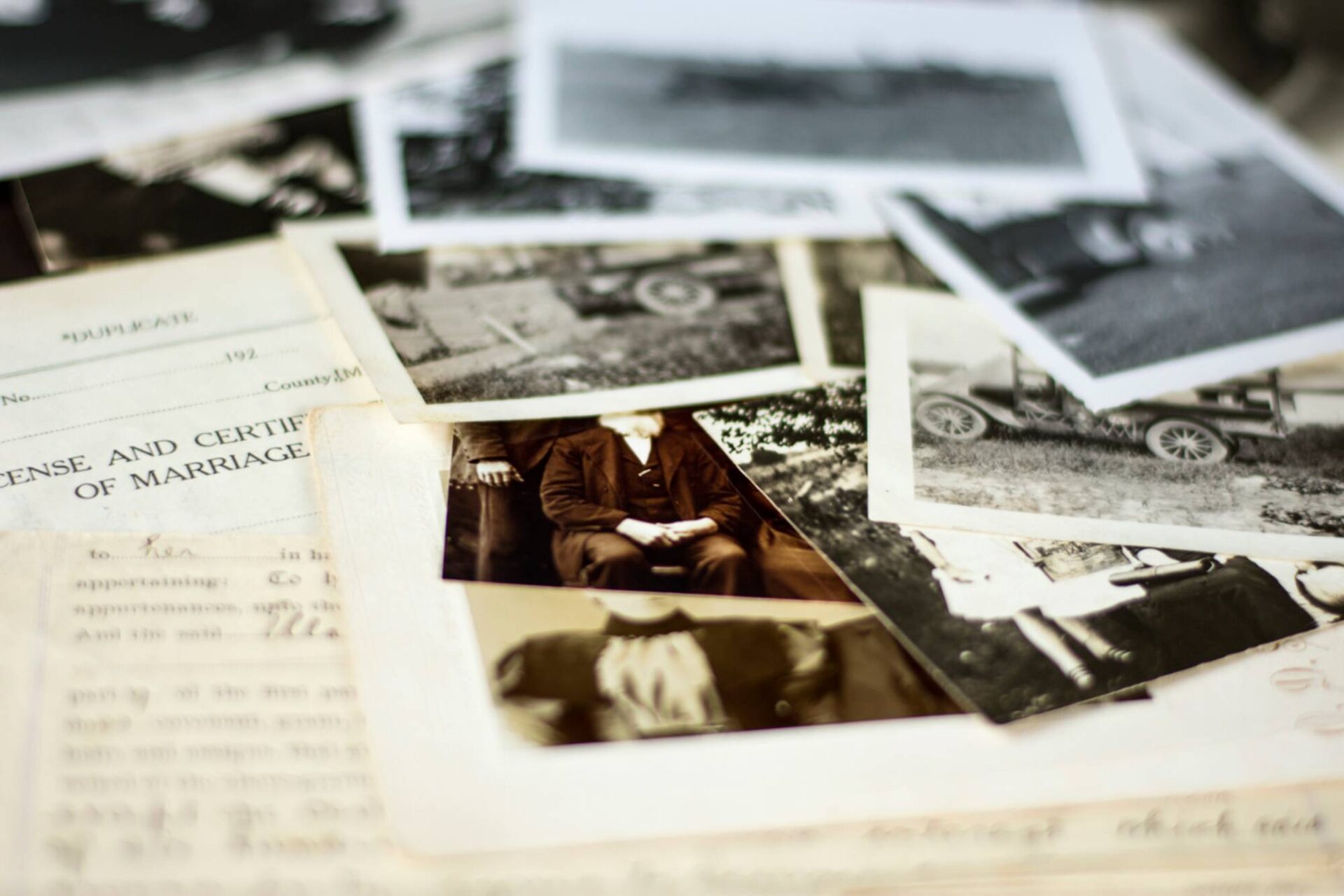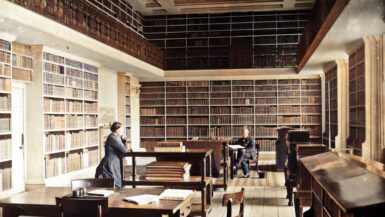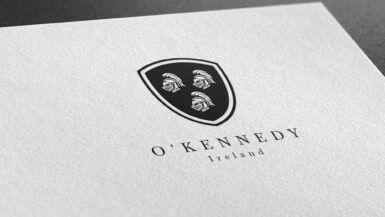Irish surnames are deeply rooted in the rich history and culture of the Emerald Isle. From the earliest days of the Celtic tribes to the present day, these names have evolved and developed, reflecting the unique journey of each family. This comprehensive guide will delve into the origins and meanings of the most common Irish surnames, offering a fascinating insight into the genealogy and heritage of Ireland’s most prevalent family names.
The Beginnings of Irish Surnames
The first known Irish surnames date back to the 11th century and were originally patronymic, meaning they were based on the father’s name. The most common prefixes in these early surnames were “O” and “Mac,” indicating “descendant of” and “son of,” respectively. For example, the name O’Neill is derived from “O” (descendant) and “Neill” (the name of a prominent Irish king), while “MacCarthy” stems from “Mac” (son) and “Carthy” (the name of a powerful Irish clan).
Irish Surnames Derived from Occupations
Many common Irish surnames have their origins in the occupations of their ancestors. These names often describe the trade or profession that was passed down through generations. Examples of such names include:
- Brennan (Ó Braonáin): Meaning “descendant of Braonán,” this surname is thought to be associated with the word “braon,” which means “sorrow” or “drop” in Irish. It is believed that the name was originally given to those who worked as professional mourners or keeners at funerals.
- Smith (Mac Gabhann): Derived from “gobha,” the Irish word for “smith,” this surname indicates a family with a long history of working with metal, such as blacksmiths, goldsmiths, or silversmiths.
- Ward (Mac an Bháird): This surname comes from the Irish word “bard,” meaning “poet” or “minstrel.” It signifies that the family had a strong connection to the arts and entertainment, possibly serving as poets or musicians for Irish nobility.
Surnames Derived from Physical Characteristics
Some Irish surnames were created based on an individual’s physical appearance or a distinguishing characteristic. These names often provided a descriptive snapshot of the person, making it easier to identify them within the community. Some examples include:
- Kennedy (Ó Ceannéidigh): This surname comes from the Irish words “ceann” (head) and “éidigh” (ugly), meaning “descendant of the ugly-headed one.” Despite its less-than-flattering meaning, the Kennedys have a long and distinguished history in Ireland, with many prominent figures bearing the name.
- Doherty (Ó Dochartaigh): Derived from the Irish word “dochartach,” meaning “hurtful” or “obstructive,” this name likely referred to someone with a particularly stubborn or unyielding nature.
- Connolly (Ó Conghaile): This surname comes from the Irish word “conghaile,” meaning “valorous” or “fierce as a hound.” It was likely bestowed upon individuals who demonstrated exceptional bravery or skill in battle.
Geographic Irish Surnames
Many Irish surnames are derived from the geographic locations where families originated or held land. These surnames often act as a historical record of the family’s connection to a specific area. Some examples include:
- O’Sullivan (Ó Súilleabháin): This name means “descendant of Súilleabhán,” a personal name composed of the Irish words “súil” (eye) and “dubh” (black), and “án” (a diminutive suffix). O’Sullivans are traditionally associated with the southwest of Ireland, particularly the counties of Cork and Kerry.
- O’Reilly (Ó Raghallaigh): This surname means “descendant of Raghallach,” a personal name of uncertain origin. The O’Reilly clan hails from the province of Ulster, where they held significant power and influence in the historic Kingdom of Breifne, spanning parts of modern-day Cavan and Leitrim.
- O’Donnell (Ó Dónaill): Derived from the personal name “Dónall,” meaning “world-mighty” or “ruler of the world,” this surname is associated with the northwest of Ireland, particularly County Donegal, where the O’Donnell clan was a dominant force.
Anglicization of Irish Surnames
During the 16th and 17th centuries, English rule in Ireland led to significant changes in Irish surnames. Many names were Anglicized or translated into English, either by choice or by force, in an effort to conform to the ruling culture. The process of Anglicization often involved simplifying or altering the spelling of names, which can make tracing one’s genealogy more challenging. Some examples of Anglicized surnames include:
- Murphy (Ó Murchadha): Originally meaning “descendant of Murchadh,” a personal name composed of the Irish words “muir” (sea) and “cadh” (battle), the Anglicized version of this name is now one of the most common surnames in Ireland.
- Joyce (Seoige): This surname is an Anglicized form of the Irish name “Seoige,” derived from the Breton name “Iodoc,” meaning “lord.” The Joyce family is primarily associated with the province of Connacht, particularly County Galway.
- Fitzgerald (Mac Gearailt): The Fitzgerald surname is of Norman origin and was brought to Ireland by the Anglo-Normans. It is derived from the personal name “Gerald,” composed of the Old German elements “ger” (spear) and “wald” (rule). The family became highly influential in Ireland, with branches in both Munster and Leinster.
Preserving Irish Surnames in the Modern Era
In recent years, there has been a growing interest in preserving and celebrating the unique cultural heritage of Irish surnames. Many people of Irish descent are now seeking to reconnect with their ancestral roots, exploring the history and meaning behind their family names. This renewed focus on genealogy has led to a resurgence in the use of traditional Irish names and spellings, both in Ireland and the worldwide Irish diaspora.
By understanding the origins and meanings of common Irish surnames, we can gain a deeper appreciation for the rich history and culture of the Emerald Isle. Whether your ancestors were poets, warriors, or blacksmiths, their legacy lives on through the family names they left behind. As you explore your Irish heritage and delve into the fascinating world of Irish genealogy, this comprehensive guide serves as a valuable resource for uncovering the stories and traditions that have shaped your family’s unique journey.






I was looking for my grandfather’s surname Bain but cannot find it . He was born in Northern Ireland in the late 1800s.
probably because that more Scottish clan, Bain can be found mostly in north east Scotland , there are other spellings ofcoarse ,i have seen Bayne but thats it mostly been Bain in and around Aberdeen and Dundee